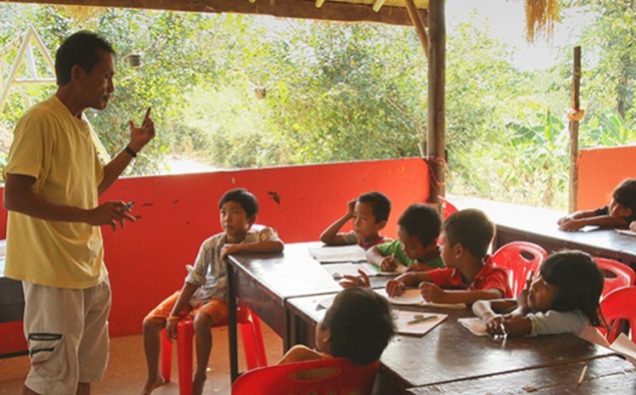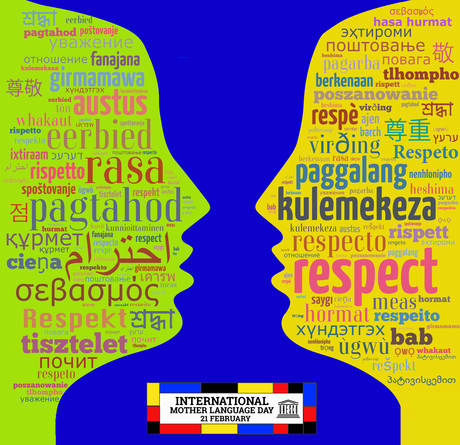
EDITORIAL
The clamor of dominant cultures, struggles to meet the spiraling cost of living and dictates of the survival of the fittest, it seems, are working in tandem to target one of the key manifestations of human creativity and achievements: language.
The UNESCO, which this week, issued a series of social media messages on the importance of preserving languages reports that “every two weeks, one of the world’s languages disappears, along with the human history and cultural heritage that accompanies it.”
At least 43 per cent of the estimated 6,000 languages spoken in the world are endangered, according to the world body.
“Only a few hundred languages have genuinely been given a place in education systems and the public domain, and less than a hundred are used in the digital world.”
What the revelation means is that we will never be able to hear the language and its speakers in this age of the widespread media – from traditional to newest digital forms.
“A language is far more than a means of communication; it is the very condition of our humanity. Our values, our beliefs and our identity are embedded within it,” Audrey Azoulay, head of the the UN Educational, Scientific and Cultural Organization said.
His statement marking the International Mother Language Day should not fall on deaf ears, and must make all linguists, institutions of higher education, cultural organizations run for protection and preservation of this great diversity.
The awful number of conflicts and civil wars in Africa, the Middle East and Latin America are also taking a toll on cultures and languages as inheritors of old languages leave their homes, villages towns, and ways of life. The sudden displacement of people to unknown places brings the twofold possibility – of preserving their culture and language and altogether making their heritage a lost thing of the past.
It is for societies and countries that take in refugees that they help them and do not let the dictates for their survival deprive them and the world of the migrants’ heritage. While helping them introduce to new cultures, the world should not force refugees to forget the unique cultures and languages they once proudly represented.
Appropriately, the 2018 theme for Mother Language Day has been called “Linguistic diversity and multilingualism count for sustainable development.”
Imagine what happens if one by one most of languages vanish and variety, the spice of life is gone, gone forever. What a loss it would be for generations to come.
“It is through language that we transmit our experiences, our traditions and our knowledge. The diversity of languages reflects the incontestable wealth of our imaginations and ways of life,” Azoulay says.
And in the words of Noam Chomsky, one of the foremost linguists in the world, languages pretty much is a window to the human mind.
“When we study human language, we are approaching what some might call the “human essence,” and the distinctive qualities of mind that are, so far as we know, unique to man,” he says.

















